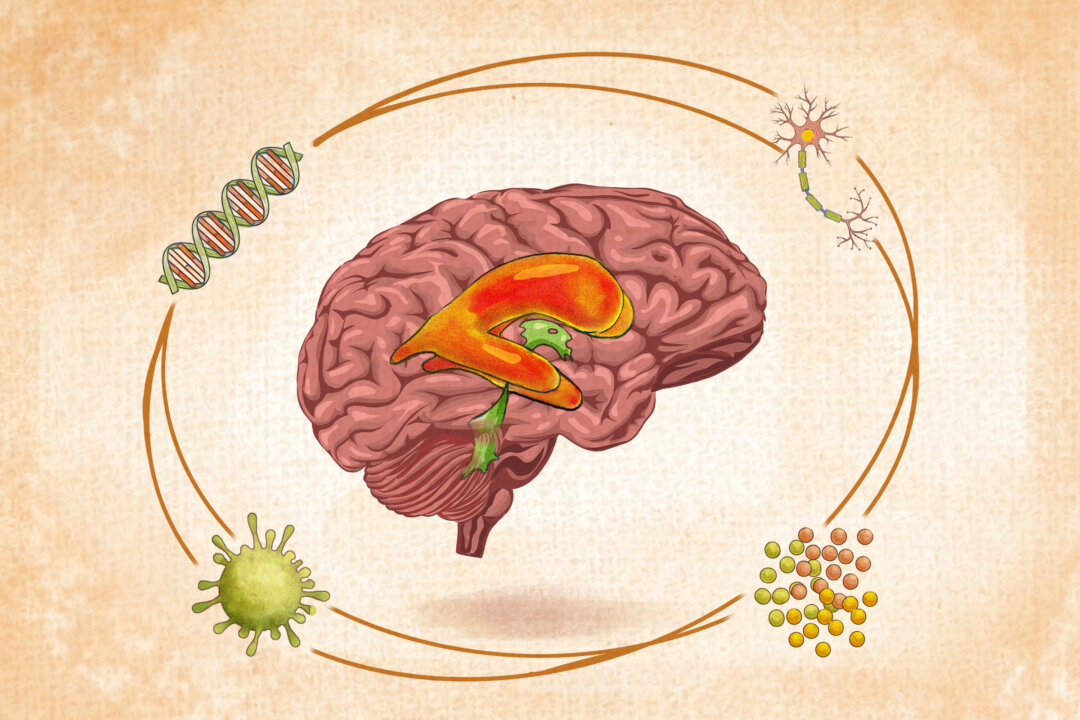Schizophrenia is a complex, chronic brain disorder characterized by a loss of contact with reality, hallucinations (auditory), delusions, abnormal thinking, and difficulties in daily functioning. Early Signs Negative Symptoms Lack of motivation to partake in activities Neglect of self-care, such as not bathing or eating regularly Be disinterested in things they used to enjoy Have inappropriate reactions to everyday life events Struggle to express emotions Become angry with strangers without reason and react harmfully to others Feel detached from their emotions Have very limited speech Experience a slowing of movements Positive Symptoms Hallucinations: Changes in perception, such as hearing sounds, seeing things, or feeling sensations that aren’t actually there, are known as hallucinations. These can be auditory, visual, olfactory, gustatory (taste), or tactile, with auditory hallucinations being the most common in schizophrenia.
Delusions: Having persistent, unrealistic thoughts that cause distress, even when others refute them, is delusion, a common symptom of certain mental health conditions. One example is a patient constantly believing in receiving secret messages through the TV. Confused thoughts, speech, and behavior.

Cognitive Symptoms Memory loss Difficulty understanding things well enough to make decisions Trouble communicating clearly with others Attention deficit Suicidal thoughts: Approximately 5 percent to 6 percent of individuals with schizophrenia die by suic.























